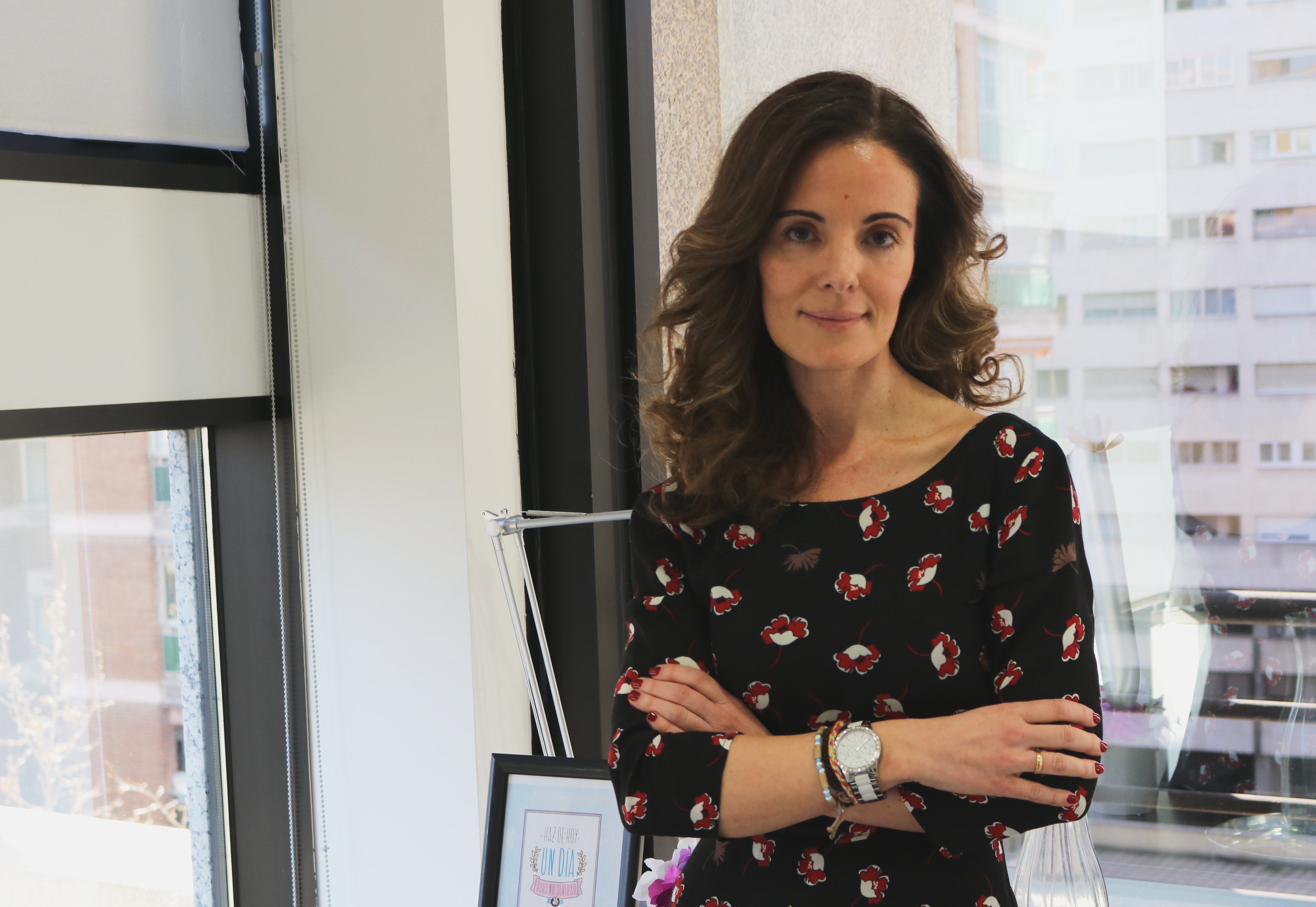-
17 March 2017
Category : Reportage
About FIIAPP: Legal Department
We get to know one of the pillars of FIIAPP's work, the legal department.
 Sofía Herranz, Head of the Legal Department of FIIAPP.
Sofía Herranz, Head of the Legal Department of FIIAPP.The International and Ibero-American Foundation for Administration and Public Policies (FIIAPP) is a public-sector foundation governed by private law which manages Spanish public funds and those of the European Union. As such, it follows in-house legal instructions drawn up by the foundation itself. Consequently, the work of a legal department, which maintains strict supervision and control over any legal aspects that arise in the foundation’s daily work, is essential.
We talk to Sofía Herranz, the head of FIIAPP’s legal department since 1998 and one of its longest serving employees.
The legal department is one of the most cross-cutting areas of FIIAPP; that means that it works jointly and in coordination with all the other departments of the institution, or as Sofía puts it: “The relationship is direct and ongoing. We don’t all know everything, but between all of us we know a lot”.
The main job of the department is to “counsel the area directors and the project managers and officers when it comes to creating project technical sheets and talking to partners” in order to ensure the complete legality of the procedures.
Another task of the department is to manage all types of non-employment contracts, such as those related to procurement of services, supplies and technical assistance and the engagement of experts. As Sofia tells us, this is one of the aspects that generates the greatest number of questions: “how do I hire an expert; what is the procedure; what is the difference between an expert who is a civil servant and one who is a professional”.
FIIAPP, as it manages sizeable projects, often finds itself in the situation of having to sign very large-scale agreements and contracts that require certain very specific administrative, technical and legal conditions which must be completely in order.
As we explained earlier, FIIAPP has a particular status that differentiates it from other foundations: the funding is all public. Accordingly, Sofia confesses that “managing public funds is a very significant responsibility, so we have to be meticulous and exemplary”.
As Sofia tells us, another peculiarity of FIIAPP is that “it is governed by private law but belongs to the public sector, and so the foundation is subject to the oversight of various supervisory bodies, such as the General Intervention Board of the State Administration, the Court of Auditors, and to private audits that verify its processes and execution of the public funds being managed”.
Considering that the FIIAPP board is made up of members of the government, its support and institutional vision are present in the foundation’s daily work and in fulfilment of our legal obligations with respect to both the funds from the General State Budgets and the European Commission.
The views and opinions expressed in this blog are the sole responsibility of the person who write them.






